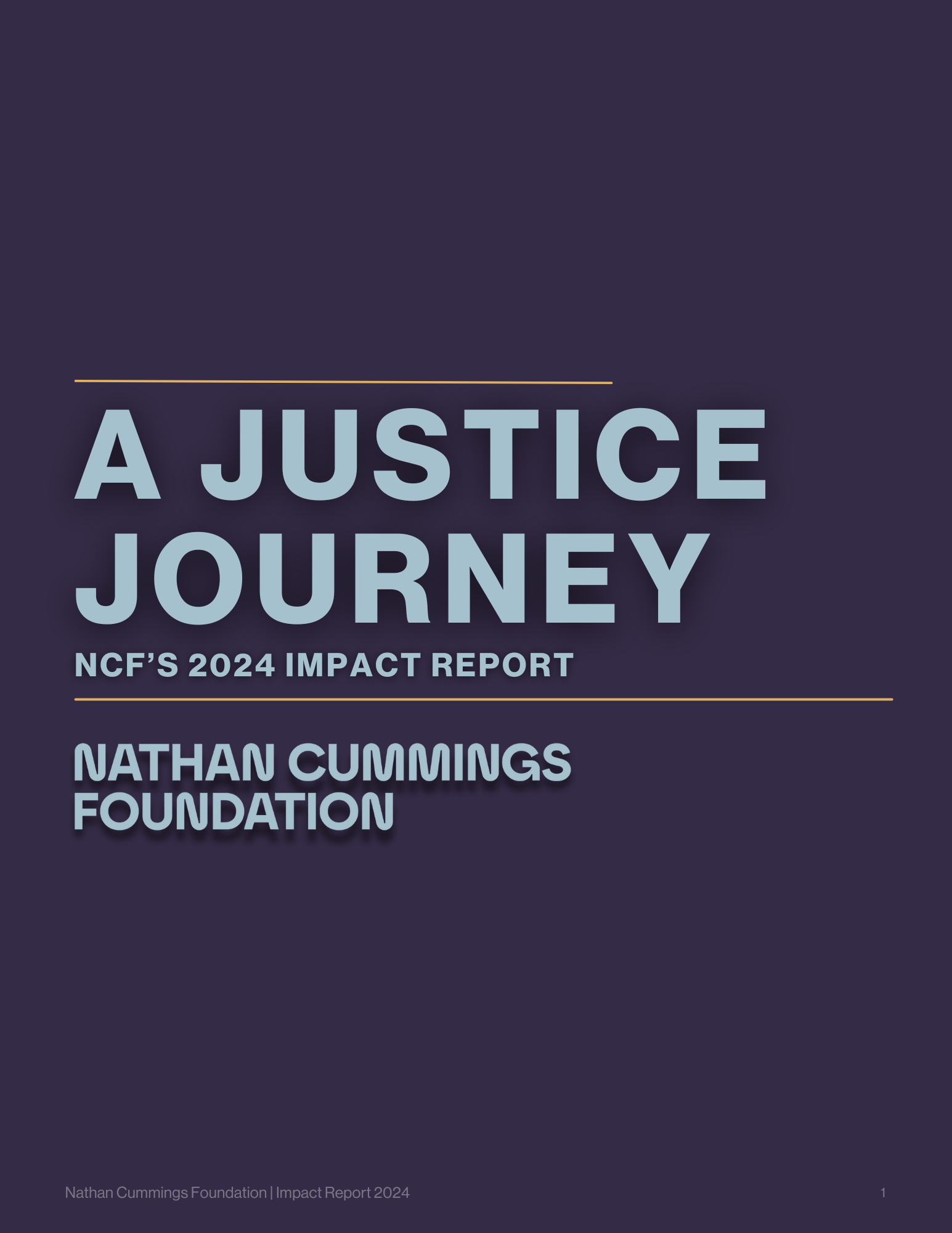2019 Nathan Cummings Foundation Fellows Each Awarded $150,000 to Tackle Climate Crisis and Growing Inequality
The three emerging leaders will use their awards to transform policing policies to protect people of color, build clean and inclusive economies in Navajo communities, and economically empower LGBTQ youth of color to lead their own lives.
NEW YORK — Addressing the climate crisis and reversing growing inequality calls for bold, courageous leaders like Chas Moore, Wahleah Johns, and Jonathan Lykes – the three recipients of the 2019 Nathan Cummings Foundation Fellowship. The Fellowship Selection Committee – made up of experts in the social justice field and NCF staff and Board – received over 400 applications and selected three among a group of 10 exceptionally strong finalists that best advanced NCF’s mission to build a more just, vibrant, sustainable and democratic society. The three fellows will receive up to $150,000 each to turn their ideas into meaningful action.
“With our fellows, we seek leaders willing to work in new ways, bridge divides and push break-through ideas that make the ‘impossible’, possible. That’s exactly what we found in our three new fellows,” said Sharon Alpert, President and CEO. “We chose leaders with daring visions, who are building the power needed on the ground to reimagine a better future for people and the planet.”
Now in its fifth year, the 18-month Fellowship offers movement builders, disruptors and system thinkers the resources and networks they need to tackle two of the most critical issues of our time: climate change and inequality. It also reflects the important role of NCF – and philanthropy more broadly – in cultivating the next generation of social justice leaders.
Together, the 2019 Fellows will pursue projects related to NCF’s core focus areas: racial and economic justice; corporate and political accountability; voice, creativity and culture; and inclusive clean economy.
Chas Moore (Austin, TX). When Chas founded the Austin Justice Coalition (AJC) in 2015, Austin had the highest per capita rate of police shootings in Texas. Determined to reduce the city’s overreliance on police, Chas created what has become one of the most active local organization representing the interests of Black Austinites.
One year later – in response to the Police Department’s request for $13 million to hire more officers – AJC launched the Better Before More campaign. Under Chas’ leadership, they organized “the hell out of every part of town” – and convinced the city’s residents to defeat the police contract. Through this fellowship, Chas will continue his fight against entrenched interests and empower communities to respect and improve the Black experience.
“I wholeheartedly believe that until we address the policies and practices that are intact within our local police departments, we can’t fully expect to adequately and effectively bring about the necessary changes for our criminal justice as a whole…unless we continue to elevate the voices of those individuals who are directly affected by these systems and institutions, we are going to continue to have people with no lived experiences with or within these institutions trying to come up with solutions to problems that they haven’t encountered.”
Wahleah Johns (Oakland, CA). Of the 20,000 families in the United States without access to electricity, three quarters live on the Navajo Nation. Wahleah is committed to changing this statistic. Through a Native American and women-led organization, Native Renewables , Wahleah is bringing solar energy to Native communities, while training the first generation of Navajo solar installers. Working at the intersection of inclusive clean economy and racial justice, the community-driven Navajo Clean Energy Program seeks to enhance tribal sovereignty and energy independence, while creating sustainable jobs and wealth – empowering families with affordable, reliable and clean electricity.
A Navajo woman herself, Wahleah understands tribal political structures and has won various initiatives advocating for health, the economy and the environment in Native communities. Wahleah’s idea to apply Indigenous ecological knowledge and leadership to climate change solutions caught the selection committee’s eye.
“I feel incredibly aligned with NCF’s values and I approach them from the perspective of a Navajo woman,” Wahleah explained in her application. “Using the teachings that have sustained Indigenous peoples for countless generations, I hope to inspire change and create a model for the just transition to clean energy we urgently need.”
Jonathan Lykes (Washington, D.C.). Imagine a world where LGBTQ youth of color are empowered to lead their own lives, free from systemic violence. This vision guides Jonathan’s pioneering work, the Keeping the Ballroom Community Alive Network (KBCAN), focuses on building power, providing healing spaces and training leaders in trauma-informed Black, queer and feminist approaches to transform care and policymaking.
The first initiative of its kind, Jonathan’s collaboration with the House and Ballroom Community seeks to harness the power of queer and trans culture, storytelling and ritual to radically transform the lives of LGBTQ youth of color. His work is rooted in a set of liberation values, practices and strategies that promote gender self-determination, freedom and the dismantling of patriarchal systems.
“The House and Ballroom Community knows the value of family. It aligns with the values embedded into four generations of social justice work led by the Cummings family. I would like to engage with NCF on gender liberation work to ensure all people have a seat at the table, particularly those who are queer, trans and GNC. This work is ultimately about my community being able to joyfully live out their self-determined lives without limitations or barriers.”
Previous Fellows are leading voices for social justice, including Jasiri X, a Pittsburgh-based rapper and activist who trains artists to become activists for social change; Saqid Bhatti, co-executive director at the Action Center on Race and the Economy (ACRE) – an NCF partner and campaign hub for organizations working at the intersection of racial justice and corporate accountability; and Bridgit Antoinette Evans, one of the foremost thought leaders in the culture change strategy field and leader of the Pop Culture Collaborative, which NCF helped found.
Fellows are encouraged to push NCF beyond its boundaries by opening productive new lines of inquiry, asking provocative questions, challenging conventional wisdom and developing new ideas, approaches and strategies.
“The fellowship is a two-way street – fellows enrich our work by deepening our understanding of the communities we’re fighting for and the issues we care about,” said Leticia Peguero, Vice President of Programs. “Our Board and staff are so excited to learn and partner with them.”
To learn more about the work of this year’s finalists and past fellows visit: https://nathancummings.org/our-fellows/.

